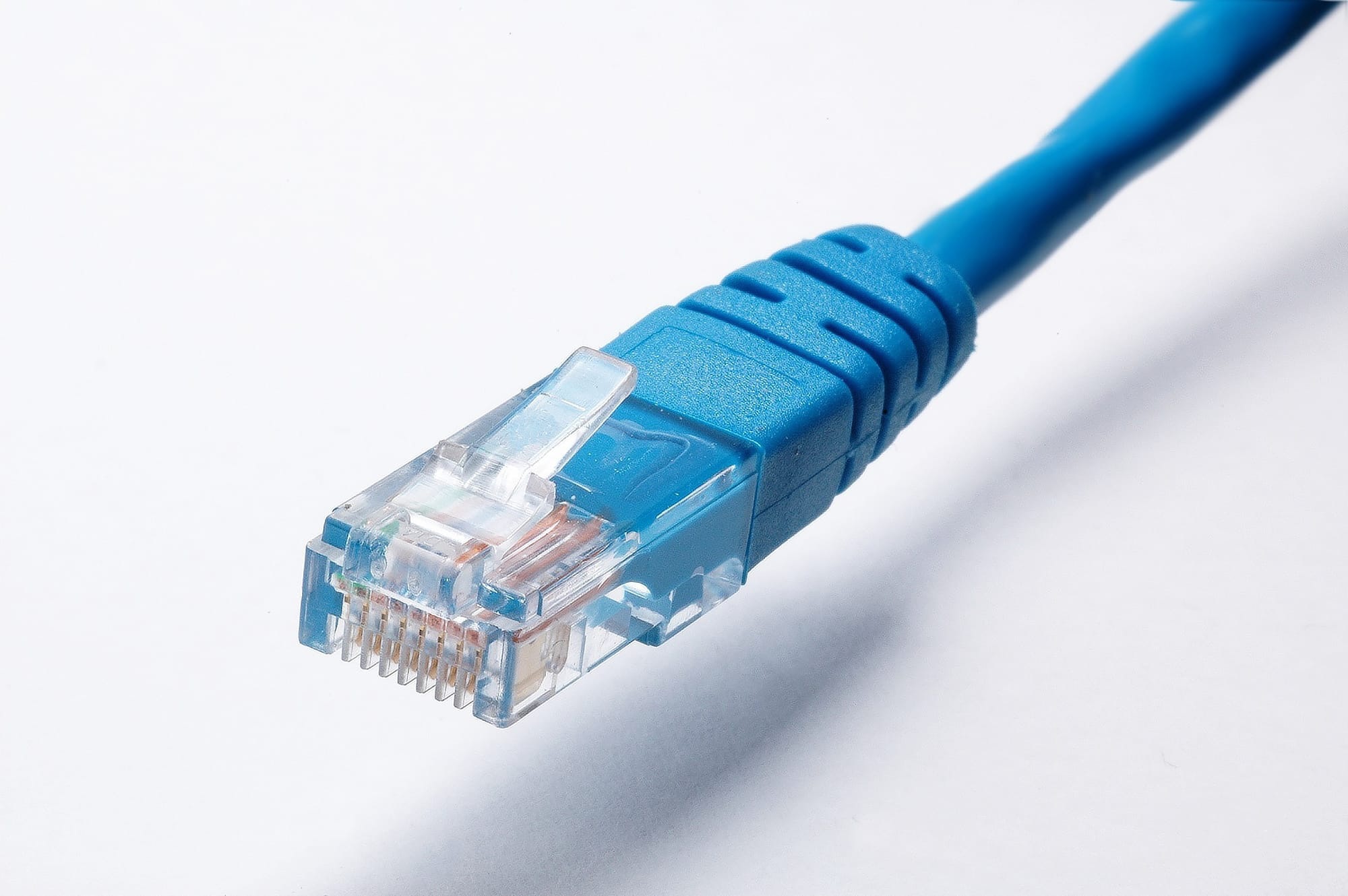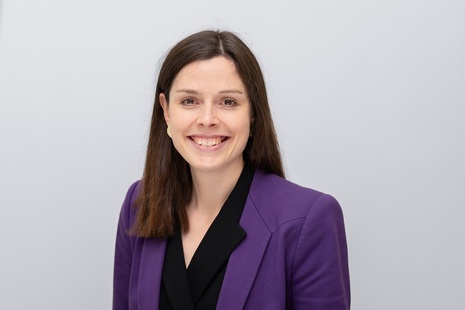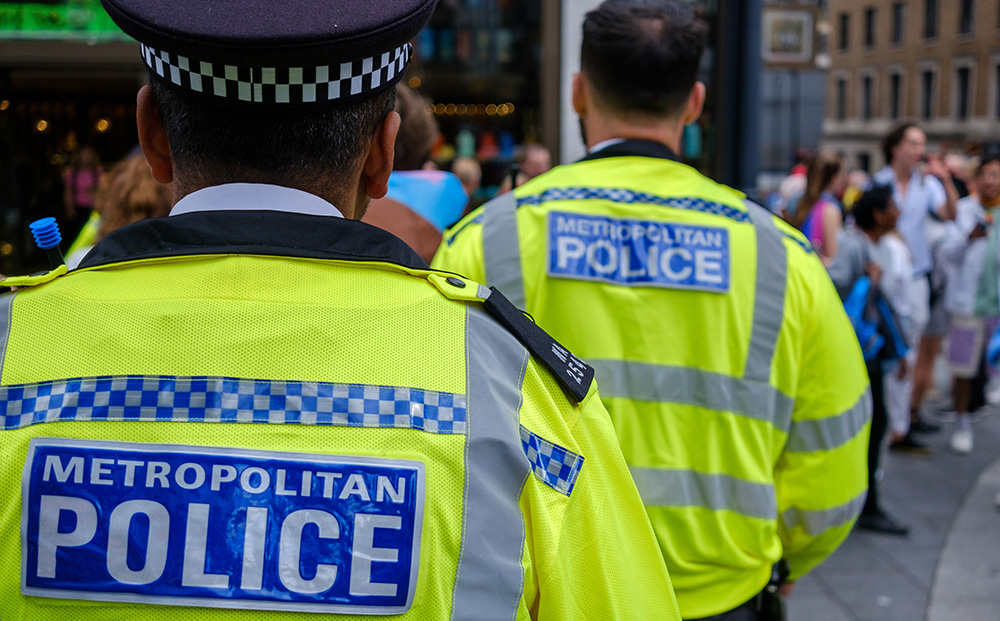Despite initiative to provide devices and connectivity to over 1,000 citizens, the national membership body for charities has warned that the country is falling behind the rest of the UK
Following growing concerns over the digital divide in Scotland, a new cross-sector initiative has been launched to get hundreds of citizens online for free.
The Scottish Government has partnered with the Citizens Advice Scotland (CAS) network, Virgin Media O2 and environmental charity Hubbub to provide 1,200 smartphones to those struggling financially. Each device will have free O2 mobile data, texts and calls in a bid to ease access to essential online services including banking and medical appointments.
The project comes days shortly after the government came under fire over its inaction in fixing the digital exclusion crisis.
In a recent report, the Scottish Council for Voluntary Organisations called on the government to update its national strategy and provide further investment to bridge the gap, warning the public “faces significant disadvantage and increasing inequality” if it failed to do so.
The SCVO’s report found that Scotland is lagging behind the rest of the UK in its digital inclusion ambitions, and ministers north of the border have been warned that the public “faces significant disadvantage and increasing inequality”, with thousands still lacking foundational digital skills a year after Audit Scotland’s damning report.
Last year, Audit Scotland also raised concerns over the impact the digital divide was having on people’s human rights, including the right to education and a fair trial. Its report revealed one in six Scottish adults lacked the digital skills needed for everyday life, blocking them from accessing public services.
However, according to SCVO, 15% of adults still lack foundational digital skills – such as turning on a device – while 9% of households have no internet access at all.
The report also found that six in ten households do not meet the government’s Minimum Digital Living Standard – a benchmark of the goods, services, and skills a household needs to participate in the digital world. The charity body has called on the government to update its national strategy, publish an action plan and provide further investment to bridge the gap.
It urged ministers to “work more openly and collaboratively” with local authorities, the voluntary and the private sector, and to be transparent on how they would use the UK Government’s £764,020 Innovation Fund – unveilled earlier this month. SCVO also called for a minister to be fully responsible for the digital inclusion brief, in a bid to fix leadership and accountability issues.
Related content
- Welsh Government plans £12m engagement to develop national digital inclusion support service
- Scottish council maps connectivity to help boost digital inclusion
- Government confirms Digital Inclusion Action Committee
The SCVO said: “Without action, Scotland risks falling further behind – and leaving vulnerable individuals excluded from healthcare, education, employment and connection. It’s time to press refresh, Scottish Government. Show leadership. Create a plan. Take action. Leave no one behind.”
PublicTechnology sister publication Holyrood has contacted the Scottish Government for comment.
In the meantime, the government’s business minister Richard Lochhead welcomed the new project, saying it will help create a “fairer, more inclusive society”.
He added: “By providing refurbished smartphones and free mobile data to those most in need, this initiative is enabling individuals to engage more fully with essential services, employment opportunities, and their communities.”
The initiative was especially set up to help vulnerable groups, including refugees and asylum seekers, disabled people, prison-leavers, and those facing homelessness or fleeing domestic violence.
Kyle Scott, CAS policy manager said: “Having access to a device opens so many opportunities for people, especially within the vulnerable groups identified. We know that almost one in ten households in Scotland do not have access to the internet. By providing access to a device, we’re one step closer to eradicating digital exclusion.”
The smartphones will be divided across 12 local authorities and given to those who can’t afford a device or data, allowing them to access a raft of online services such as social housing applications and job opportunities.
Residents from Glasgow, Lanarkshire, Renfrewshire, East Renfrewshire, Scottish Borders, Dumfries and Galloway, Aberdeenshire, Highlands, Inverclyde, East Lothian and West Lothian are among those set to benefit from the project.
The project is part of Virgin Media O2’s largest ever device donation programme, which pledges to provide 12,000 pre-owned devices to charities across the UK during 2025.

A version of this story originally appeared on PublicTechnology sister publication Holyrood





